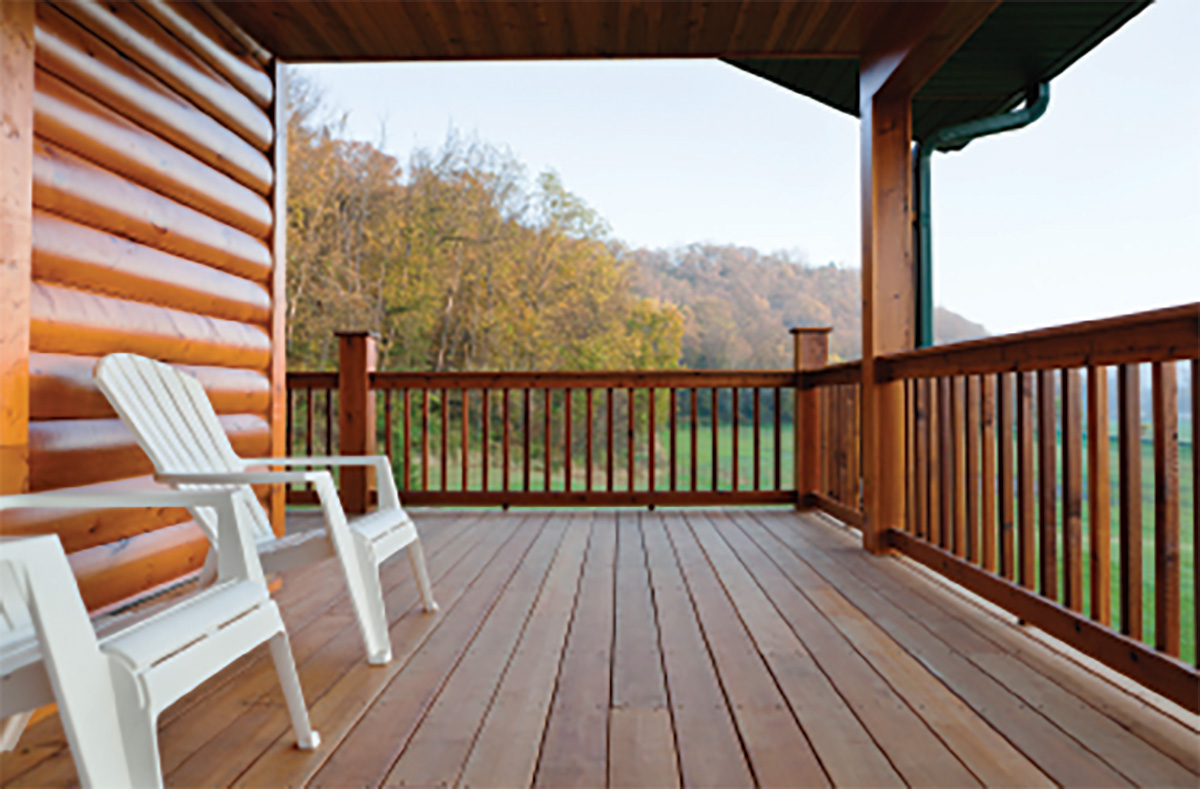The TemperPine Process
Thermal modification is a process used to create durable, dimensionally stable wood products that serve as a sustainable alternative to composite, chemically-treated, or exotic hardwood decking.
The process involves heating the wood to controlled temperatures, typically ranging from 165°C to 230°C, to alter its physical properties. The duration of heating depends on factors such as the wood species, desired outcomes, and moisture content.
This heat treatment improves the wood’s stability, reducing warping and shrinking, and produces better dimensional stability than standard materials like untreated cedar, radiata pine, maple, birch, oak, hickory, and even pressure-treated wood.
In addition, the heat treatment makes the wood resistent to decay caused by fungi or insects. As a result, thermally modified wood is far more durable than untreated wood, extending its lifespan even when used outdoors without additional treatments or coatings.
This method not only enhances the wood’s resistance but also boosts its sustainability. By increasing the wood’s longevity, fewer trees need to be cut down each year, helping preserve forests and protect vital resources like clean air and water.


